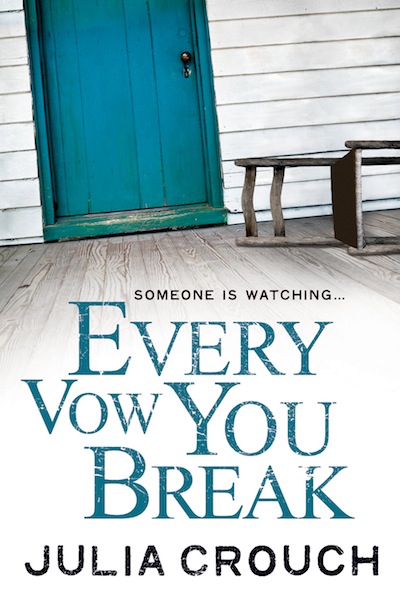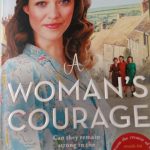Crime Pays
There’s a huge appetite for crime and thriller books. We love to read them and many of us are hard at work writing them. Little wonder, then, that when the London Writers’ Café organised an event on this popular genre the turnout was impressive, despite it being a murky old night. Downstairs at the Shooting Star pub, we heard from Julia Crouch, author of Cuckoo and Every Vow You Break, and Leigh Russell, creator of the Geraldine Steel detective series. Also on hand with knowledge from the publishing side of things was Emad Akhtar, from HarperCollins’ Killer Reads team.
I guess everyone who’d come along wanted tips on getting published. Emad’s advice was to the point: write something really good. It may seem like stating the obvious but, of course, he’s right. It has to be great – and the timing also has to be spot-on. From what Emad was saying, a dazzling manuscript alone is no guarantee of success. If a deal has already been struck on a book similar to yours, you’re likely to be turned down. Likewise, while it may seem harsh, publishers who have already invested in their quota of debut authors for the year will not be in the market for another, even one with a promising manuscript.
As with everything, luck plays its part.
When Julia Crouch submitted her debut, Cuckoo, to her agent Simon Trewin, she saw it as literary fiction. Since that’s what she tends to read, she was fairly confident that was what she had written. He had a different view and sent Cuckoo out as crime fiction. First, though, Julia had to write a new opening, something that would let readers know exactly what they were in for. She came up with a short prologue, Aftermath, which in the space of a few lines set the tone for the book. Julia doesn’t see herself as a classic crime writer. Her starting point tends to be an ordered world where the characters know where they are and, in the course of her books, things happen that pull their lives apart. What interests her is what goes on between people, the darker side of human behaviour. It may not be crime in its purest form but defining her book that way made a huge difference to how well it did.
It was interesting to hear both Julia Crouch and Leigh Russell talk about how they write. Leigh spoke about the value of research to make sure her stories ring true. ‘As a writer, you have a duty to get it right,’ she said. So far she hasn’t gone to the lengths of Peter James, who told her he’d had himself locked inside a coffin for half an hour in the interests of research and that it was one of the worst experiences of his life.
Leigh finds she gets utterly absorbed by her characters. When she wrote her first novel, Cut Short, she became fascinated by the killer and was then advised to build up the protagonist – the character who would return in future books. Incidentally, her main character started life as a male detective before she had a change of heart and decided to make the lead female. For Leigh, the real buzz of what she does comes from writing – being published is, she says, an add-on. She admits to being disorganized and to keeping lots of notes. Julia says she pens her novels by the seat of her pants and writes what she calls Draft Zero that no one else gets to see. She then works on it for a year or so to get it into shape. Both women spoke of the crucial role played by good editors. As Leigh said, ‘A sharp editor won’t let me change someone’s eye colour halfway through the book.’ Julia spoke of a scene in Cuckoo where she’d had a couple sitting at opposite ends of the table and then one had put an arm around the other. Again, a sharp-eyed editor spotted the error. Both authors agreed that the teamwork inherent in being published is vital to the making of a great book.
Perhaps that’s one of the reasons self-published fiction can fall short of the mark. Emad Akhtar’s view was that many of the self-published novels he sees lack texture because they haven’t benefited from good editorial input.
We all want to know how to get our novels published but there are no easy answers, no such thing as a quick fix. It’s a case of persevering, being the best you can be, writing with a critical eye – and reading as a writer. The message I took away from the evening was an encouraging one – that there’s scope to be creative and do something different.
‘Publishing is a fickle business,’ Emad said. ‘Something comes along and changes the game. There’s an element of gambling. We don’t always know what will catch fire. Believe in what you’re writing.’
Good advice.










